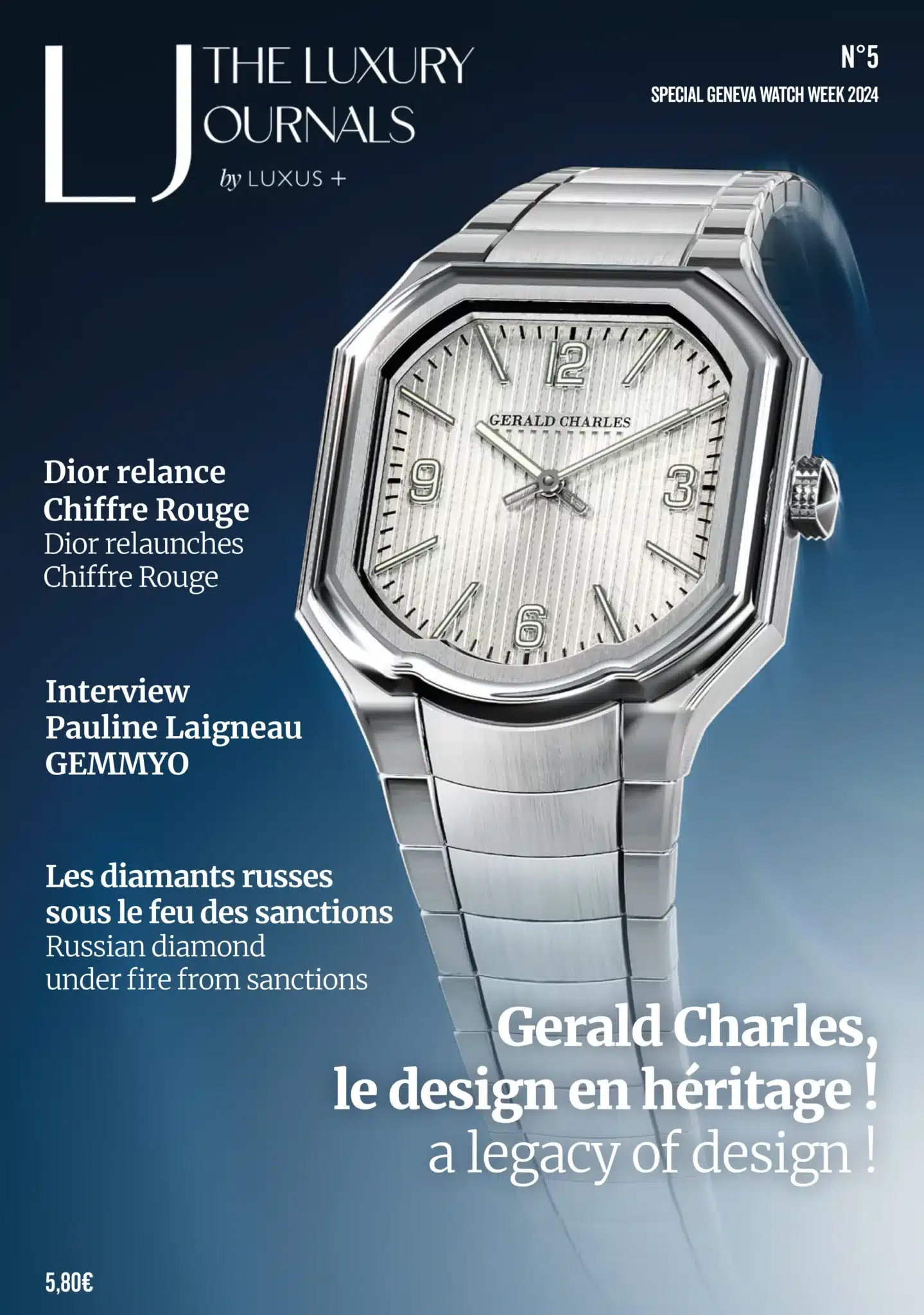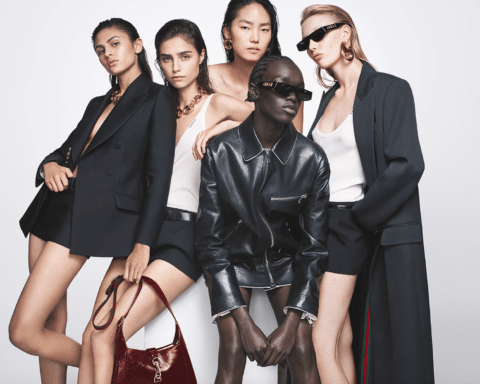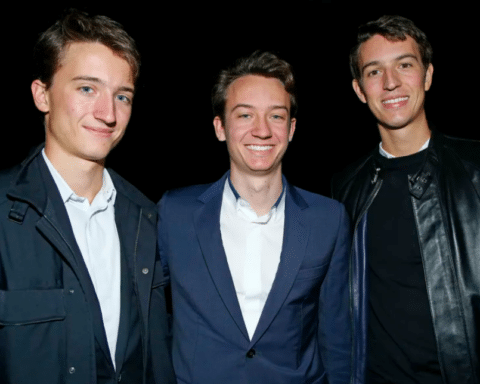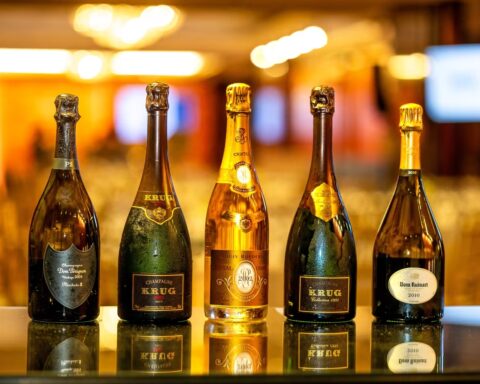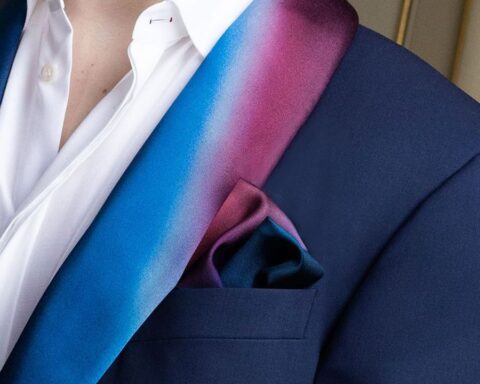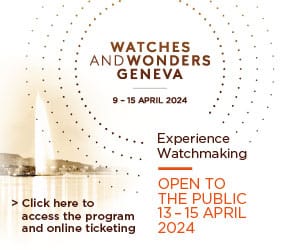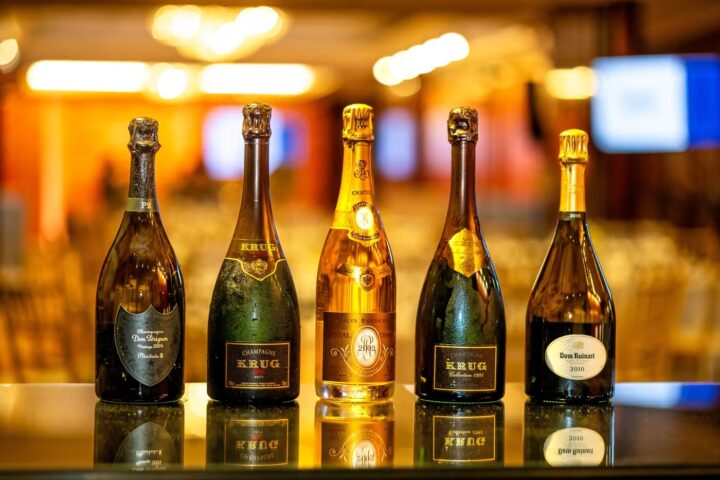[vc_row][vc_column][vc_column_text]
Most of us are facing bleak days. At best, we spend our time in isolation, not able to be with many of our friends or loved ones. We go to the grocery store, where no one talks to each other and the shelves are empty of our favorite foods.
And yet, many of us can hear the applause each night as our neighbors step outside to thank medical workers for their dedication, a daily routine now in many cities worldwide.
It may seem counter intuitive to see such demonstrations of thanks during a time when it seems like we don’t have much to be grateful for. But it is not surprising. You may not realize it, but gratitude has incredible importance on our overall well-being.
By definition, gratitude is a thankful appreciation for what an individual receives, whether tangible or intangible. With gratitude, people acknowledge the goodness in their lives.
We at PRS IN VIVO Luxury believe gratitude is both an important part of getting through the crisis, as well as critical to integrate into our lives and brand experiences post crisis.
We can look to Behavioral Sciences to shed light on why this is the case and how brands can put this into practice. But first, we’d like to take a moment to highlight a few examples around us:
‘Pay it forward’ moments, such as an instance where a young woman in line outside a grocery store made an employee aware of an elderly lady needing prioritization – and the employee then thanking the young woman with a gift card!
Email communications changing, to show extra care and appreciation for your colleagues
Instagram initiatives such as “#vosgâteaux” in France to make cakes for healthcare workers
Bin collection crews thanked by residents in the UK with messages & drawings on the street
Brands – too numerous to name – expressing thanks by creating much needed medical supplies and offering discounts or giveaways specifically for frontline workers
So, why are demonstrations of thanks so prevalent right now, and so important for the future? According to David DeSteno, behavioral scientist from Northeastern University, compassion is actually a necessity for human survival and thus a natural response in crisis. Taking it one step further, he teaches that demonstrating gratitude can have a significant impact on contributing to both a more positive emotional and even physical state. Ultimately, it is one of the key drivers of human happiness that have been identified by the field of Happiness Sciences, and discussed in our previous article.
Other research done by DeSteno, Robert Emmons and Monica Bartlett, among others, shows that expressing gratitude leads not just to increases in overall happiness levels, but also cooperation, self-control, productivity, and even physical benefits. It creates a positive upward spiral, or ‘circle of reciprocal relationships’, creating trust and positivism for those around you.
A few good examples of such studies can be found here.
While it is important to exhibit gratitude during times of crisis – it is equally important as people and brands we do not lose sight of this when the crisis is over.
We know Luxury consumers will increasingly be looking for ways to connect with brands from a more purpose-driven point of view and are more likely to return to brands sooner with which they have an authentic relationship. Gratitude can thereby be an important element to consider when creating a brand experience mix for a post COVID19 world – Not only the gratitude brands express to the customers (which they already do and is a pre-requisite), but the gratitude they help their customers express.
This second activation of gratitude is where customers’ happiness occurs, and while very demanding from brands, can be extremely powerful to generate loyalty.
Some brands are already initiating this type of experience – Such as a luxury jewelry boutique providing postcards in-store for a customer to write to someone else (mailed by the boutique); or a fashion boutique offering you to create your own flower bouquet to gift to someone, with a certain amount of purchase.
Another example – a high-end child apparel company, recently providing highly meaningful content during the crisis by offering virtual sessions with medical experts on varying childcare topics – which leads to customers expressing thanks towards the brand itself.
Creating an experience that not just says ‘thank you’ to the customer, but actually encourages and facilitates ways to express gratitude among its customers, and towards the brand, will ultimately be more likely to lead to client happiness, a crucial element for sustained success after the crisis.
We recommend considering this topic now, so your brand is prepared to take swift action as the reality of consumer mindsets shifts. We are happy to suggest further reading, insights, and inspiration for your journey!
Read also > THE SEARCH FOR PURPOSE IN A POST COVID-19 WORLD: A POINT OF VIEW ON LUXURY CONSUMPTION
[/vc_column_text][/vc_column][/vc_row]


